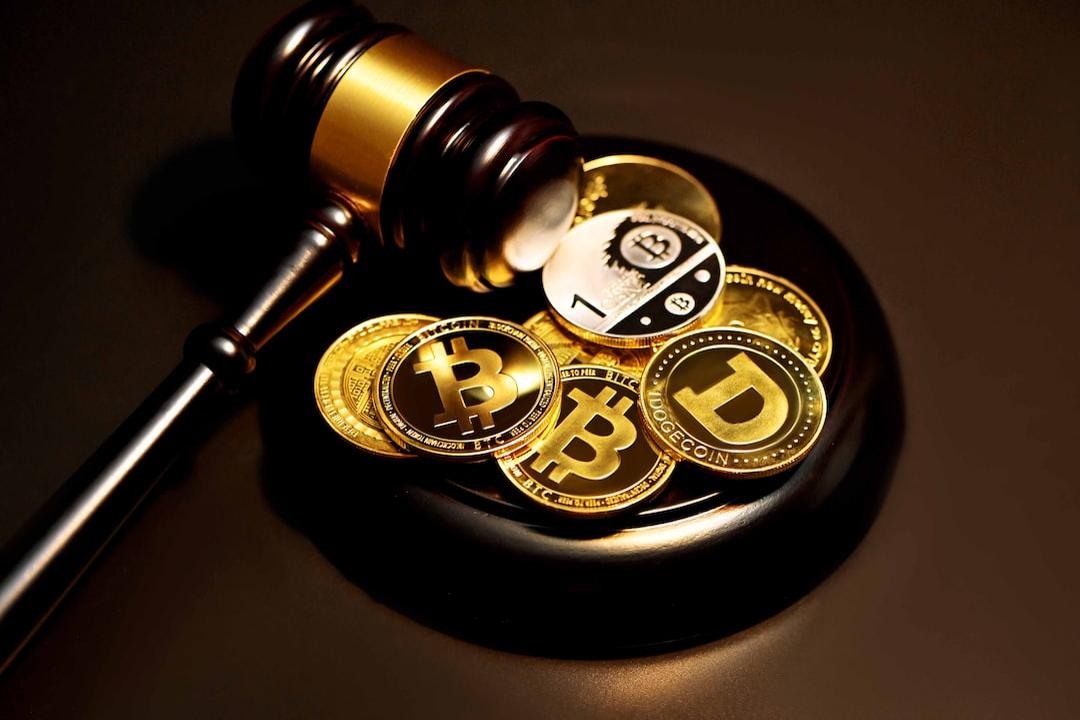Blockchain technology lies at the heart of the digital revolution, serving as a secure and decentralized digital ledger that records transactions across a network of computers. What sets blockchain apart is its immutability and transparency, eliminating the need for a central authority. This trustless environment has revolutionized various industries beyond cryptocurrencies. Now, let’s dive into the world of smart contracts and their role in blockchain ecosystems.
Smart contracts are digital agreements that run on the blockchain, executing automatically when predefined conditions are met. They eliminate the need for middlemen and paperwork, relying solely on code to perform tasks. Smart contracts act as the glue that holds the blockchain ecosystem together, powering decentralized finance, supply chain management, and more.
So, how do smart contracts work? They operate on an “if-this-then-that” logic, springing into action when predefined conditions are fulfilled. For example, in a supply chain, when a product reaches a particular location, payment is automatically released to the supplier. This automation ensures security and transparency in transactions.
However, traditional smart contracts pose limitations when it comes to updates or fixes. Once deployed on the blockchain, they become immutable, meaning they cannot be changed. This immutability ensures trust and reliability but hinders innovation and scalability in blockchain applications.
That’s where upgradeable smart contracts come into play. Upgradeable smart contracts are a game-changer in the blockchain world. Unlike regular smart contracts, which are like sealed boxes, upgradeable smart contracts are like magic boxes with trapdoors. Developers can access the contract’s code and make modifications while preserving its address, data, and state. It’s like upgrading your smartphone’s software without buying a new phone.
Upgradeable smart contracts are vital because they act as software updates for blockchain applications, allowing developers to make changes without compromising data integrity or breaking things. By keeping the blockchain ecosystem agile and up to date, upgradeable smart contracts ensure its relevance in the digital landscape.
To achieve upgradability in smart contracts, proxy patterns are commonly used. Transparent proxies act as facades for smart contracts, redirecting calls to updated logic seamlessly. Proxy contracts, on the other hand, act as intermediaries between users and the main contract logic, allowing for efficient upgrades by swapping out versions.
Data separation patterns also play a crucial role in upgradeable smart contracts. Eternal storage keeps contract data separate from its logic, acting as a safe vault during upgrades. State migration, on the other hand, involves migrating data from the old contract to the new one during an upgrade.
Logic separation patterns focus on managing and upgrading contract logic without affecting data. Multi-sig upgrades require the agreement of multiple parties to execute an upgrade, ensuring security. The delegateCall approach involves creating a new contract with updated logic and delegating calls to it, maintaining the existing state.
While upgradeable smart contracts offer flexibility, bug fixes, and adaptability, they also come with security concerns, governance issues, and complexity challenges. Thoroughly testing and auditing contracts, establishing clear governance mechanisms, and adhering to secure coding practices are crucial for their successful implementation.
Upgradeable smart contracts find applications in various sectors. In decentralized finance (DeFi) protocols, they allow for the introduction of new features, optimization of interest rates, and enhanced security. NFT marketplaces utilize upgradeable contracts to introduce new functionalities and improve the user experience. DAOs leverage upgradeable contracts to adapt their governance structures as needed.
Developers should follow best practices when developing upgradeable smart contracts, including secure coding practices, well-defined governance mechanisms, rigorous testing and auditing, and emergency upgrade plans.
In conclusion, upgradeable smart contracts are a dynamic aspect of blockchain technology that brings flexibility and adaptability to the ever-evolving blockchain industry. Embracing innovation, staying informed, and adapting to regulatory changes are crucial to harness their full potential.

